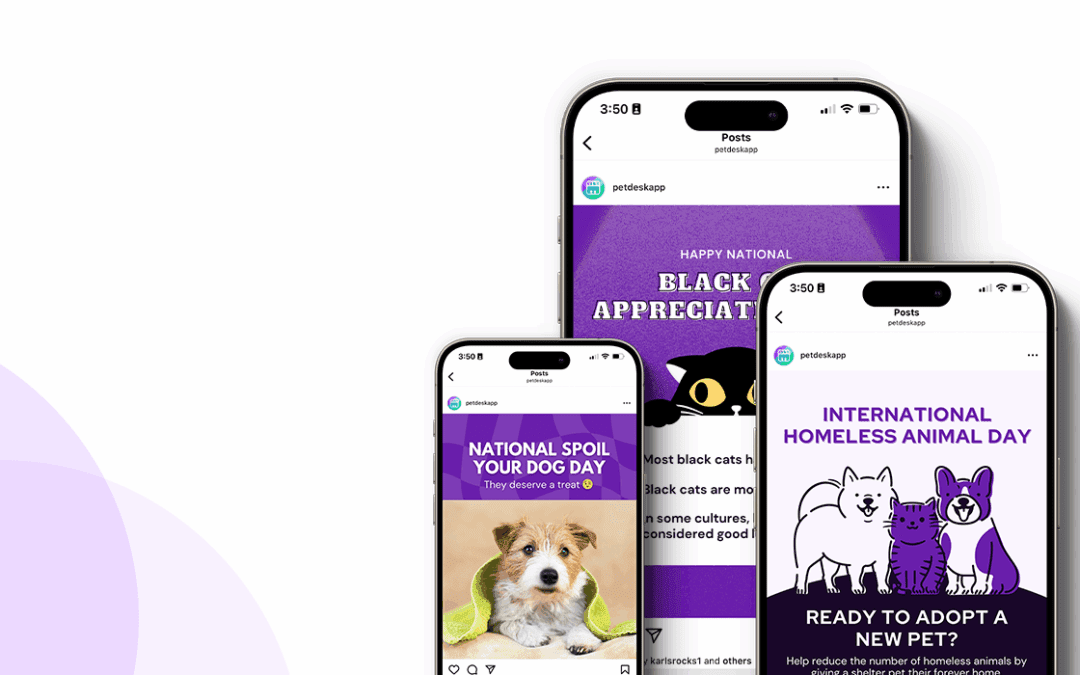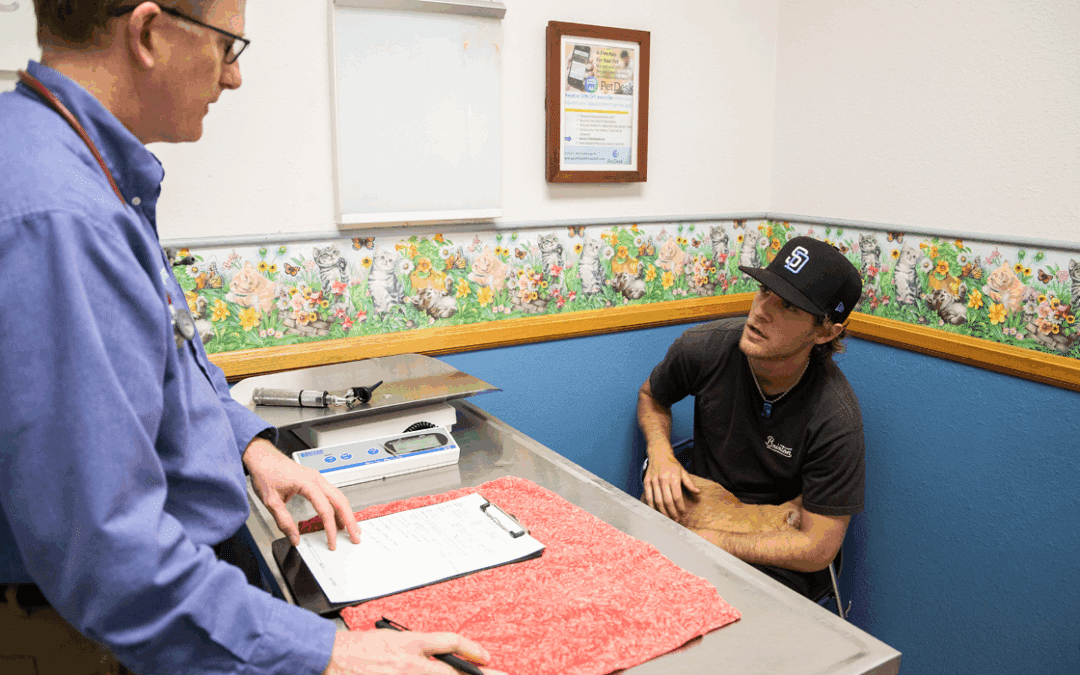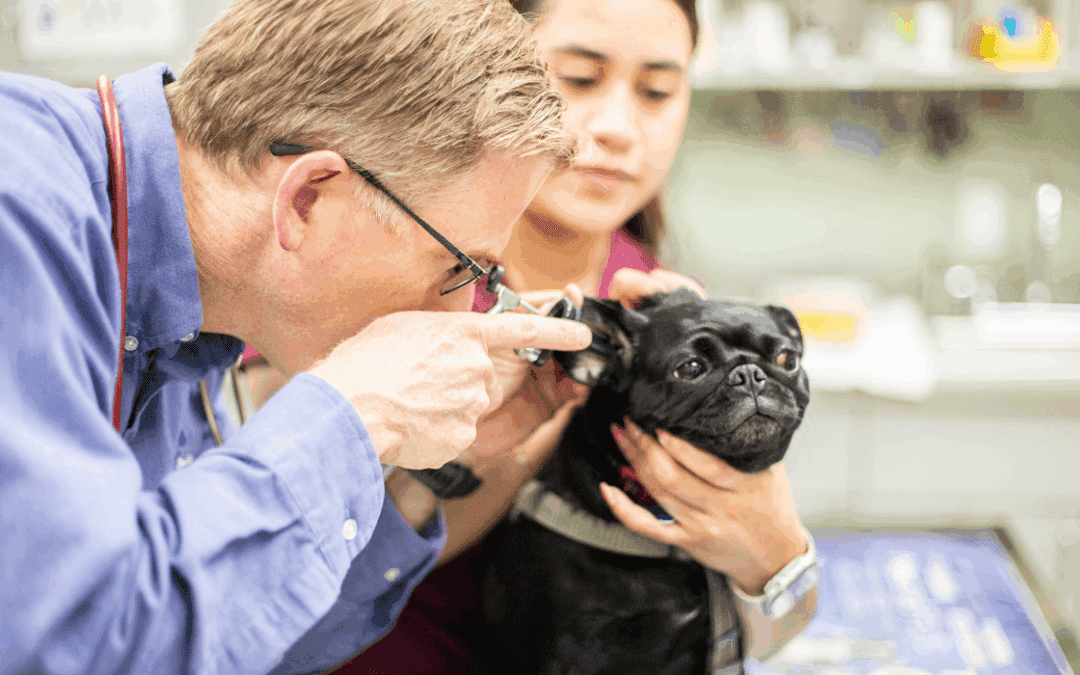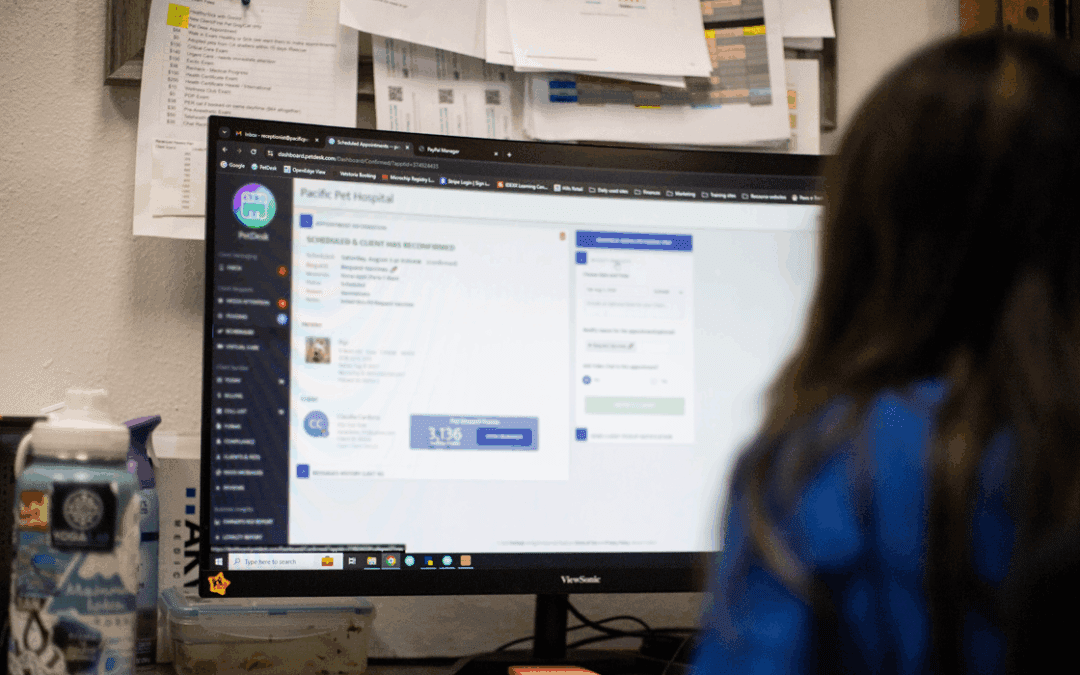In June 2020, the National Bureau of Economic Research (NBER) declared that the U.S. was officially in an economic recession. That this recession was sparked by a public health crisis and not something in the financial sector as in previous ones, makes it particularly unique in how wide-reaching the effects are.
While we may not be able to predict the future or know exactly how all of this will impact our businesses and our lives, there is one piece of advice that remains true in any challenging or unsure time: stay positive, keep moving forward, and control the controllables.
Staying Positive
“Worrying means you suffer twice.” ~ Newt Scamander
One of the most powerful things we can do for ourselves, for other people, and for our business is to remain positive. We all know that stress is a killer and most people know the general guidelines around staying mentally healthy during tough times—going outside to take a walk, taking a break from social media, stretching, meditation, etc. Unfortunately, those types of activities don’t necessarily help when you think your job may be on the line or your business may fail.
The trick is to find the silver lining and focus on what is going well. According to Robert Ross in MarketWatch, there are more pet owners in the U.S. than there ever has been before—around 68% of households.
“Spending on veterinary care is growing especially fast. From 1991 to 2015, it shot from $4.9 billion to $35 billion. For perspective, that’s three times faster than the U.S. gross domestic product grew over the same period.” Pet care spending even grew during the past two recessions: 29% during the 2001 recession and 17% during the 2008-09 recession. It doesn’t mean the recession won’t impact veterinary clinics, but it does mean it may impact them less than some other industries.
Uplifting headlines across the country report shelters emptying out and pets getting adopted at higher rates than ever before! Maria Puente wrote in USA Today that the Wisconsin Humane Society had so many new foster parents sign up – 400 – in just a few days that it briefly crashed the website, says Angela Speed, Vice President for Communications. Within five days, she says, their shelters were cleared out, with 159 animals adopted and 160 placed in foster homes. There may be some fears that shelters will fill back up when people return to work, but the point is that people care about pets more than they ever have!
Keep Moving Forward
In 2013, after the 2008 recession, dvm360’s Tom McPherson asked practice owners and managers how they recovered and stayed strong. The overwhelming response was the following:
- Standing out from the crowd
- Keeping the team intact
- Making sure new services made sense
“The measure of intelligence is the ability to change.” ~ Albert Einstein
In an effort to stand out from the crowd, practices have to consider how they will continue to provide care over the long term if things don’t get better or, heaven forbid, they get worse.
It’s no secret that the veterinary industry has taken a little longer to adapt to technology. However, Roxanne Hawn wrote in American Animal Hospital Association’s (AAHA) NEWStat blog on March 20, 2020 that “veterinary practices are flocking to technology, including two-way texting and video telemedicine, to continue serving clients.” With all the clinics moving to curbside approaches, PetDesk had over 200 clinics sign up for Two-Way Messaging in a just a week span in March 2020 as mandatory safety precautions were established across the nation. We also saw messages sent per clinic increase by nearly 300% as quick, two-way communication became even more crucial to daily operations.
There may be a temptation to cut staff, cut spending, and try to wait out the storm, but in the 2008 recession, the practices that took that path found out the hard way that it wasn’t the right one. McPherson stated that “[in] an attempt to keep their financial heads above water, many practices cut their staff back to barebones levels. At the time, most of these practices felt they had no choice. Now, these owners are regretting the decision, feeling it might have been a knee-jerk reaction.”
The APPA estimates that $199 billion will be spent on our pets in 2020. If we stay the course and invest in our businesses, when the dust settles we might not only survive, but we might come out ahead.
Control the Controllable
When you can’t control what is happening, challenge yourself to control how you respond to what is happening. The uncontrollables are clear, but what can be controlled are things like:
- Continuing to put pets’ needs first
- Providing exceptional service
- Adapting and adjusting the way we do things in order to meet the uncontrollables head on
At PetDesk we had to adapt and adjust in a few key areas as COVID-19 safety measures presented new, immediate needs for clinics. For example, our mass message system was overloaded as hundreds of messages were coming in daily with urgent updated information that needed to go out. We had an approval system in place to help practices send grammatically correct messages but it caused a delay in send.
We had to pivot quickly to address the move from non-urgent to urgent, same-day communications clinic needed to send out. We have more planned improvements for Mass Messaging with expanded functions for newsletter, promotional, and same-day urgent communications.
We also accelerated improvements to Two-Way Messaging to allow the exchange of video clips and PDFs to make it easier to send clients cost estimates and post-care instruction via text; and to get a quick view of a patient’s situation.
In May, we released Video Chat to help clinics provide personalized service during and after COVID-19 by allowing customers to extend care via secure video calls with use cases like giving clients a view of their pet’s exam during curbside appointments, rechecks, and behavioral issues.
Uncertainty is our new reality as we continue to learn more about the novel coronavirus. There will be plenty of predictions, estimates, and guesses as to what will happen but the only thing we can do is stay positive, keep moving forward and control what we can control. Your practice may never be perfect but you can move forward, adjust, and adapt to be the best you can be.
Rest assured that we are in this together and PetDesk will be doing everything we can to help you do what you do best: helping pets live happier and healthier lives.
It might get rough and who knows what will happen, but in the end, our pets will get us through it, and it’s our job to keep them healthy.
For free clinic resources to help you get through this time like social media graphics and client communication best practices, head over to our COVID-19 blog.
See the power of PetDesk for yourself—for free
Save time and grow your business with custom websites and digital marketing, 24/7 error-free booking, a PIMS-VoIP phone system, plus a client engagement platform with a mobile app.






